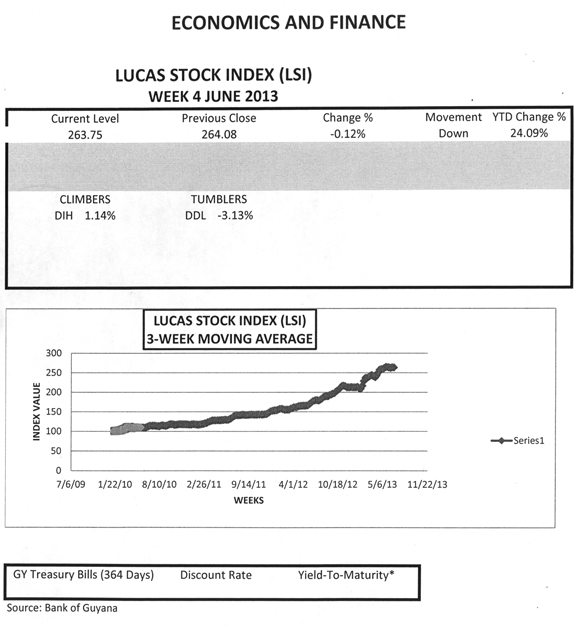Found wanting
A major knowledge product of the World Bank was likely to undergo some revisions in the way in which data are collected and used in one of its flagship publications if the report of an independent panel that was commissioned by the Bank’s Presi-dent last year is to be accepted by him. The “Ease of Doing Busi-ness Report”, regarded as one of four knowledge products of the World Bank used in developing and executing its lending policies, has been found wanting by the expert panel that studied the report and its utility to member countries.
The panel was given the task of examining and evaluating the relevance and impact of the rankings used in the report on regulatory reform, private-sector development and economic performance. Two indicators were singled out for special attention in the terms of reference given to the panel. These were the employing workers index (EWI) and the paying taxes indicator. The Bank was sufficiently concerned about the report’s credibility and goodwill that it was willing to test a few of the fundamental premises on which the preparation of the report relied. As such, the experts were also asked to determine if the methodologies used to construct the indicators and the techniques for gathering data were valid.
Bad image
Delving into the data that make up the index, the experts found that the two indicators that they were asked to study did not provide an accurate representation of the regulatory environment. This defect caused the rankings to be misleading. One indicator pertained to the

